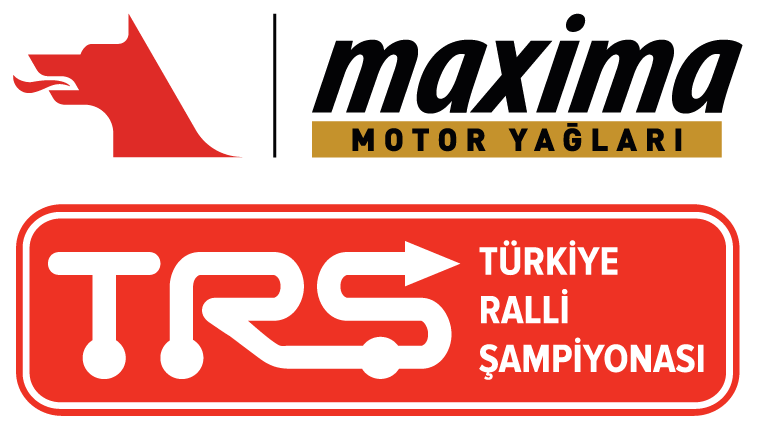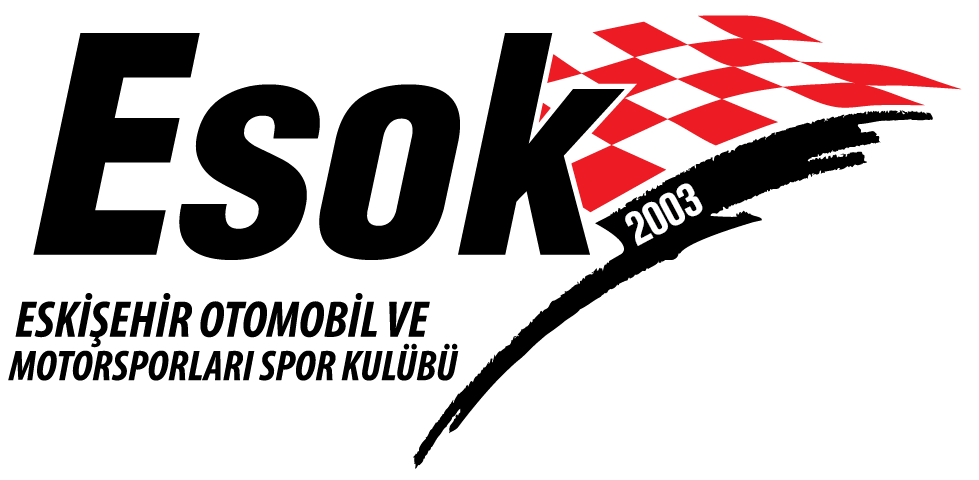Travel / Driving in Turkey

Driving:
You can drive in Turkey with an international driving licence. You should have a copy of this, together with your passport and insurance documents with you in the car at all times, as you will need it if you are involved in an accident. All of the major international car rental companies, as well as a number of local ones, have offices at airports and all major centres. Driving in Turkey is on the right, as in continental Europe.
Turkish road signs conform to the International Protocol on Road Signs and archaeological and historic sites are indicated by yellow signs. Turkey has a good network of well-maintained roads. There is a 50 km per hour speed limit within urban centres and 90 km outside urban centres. Petrol stations are fairly easy to rind and on main highways, they are often open 24hrs and have restaurants and other facilities attached. Unleaded (kurşunsuz) petrol is easily available. If you are planning on driving to Turkey, as well as your passport, you will need to take your international driving licence, car registration documents and international green card (insurance card) with the TR sign clearly visible (NB: This can be purchased on arrival at the border). You can bring your own car into the country for up to six months. If you wish to keep your car in Turkey for more than six months, you are liable to pay import tax.
Motorist Rules:
Those who wish to enter the country with their vans, minibuses, automobiles, station wagons, bicycles, motorcycles, motorbikes, sidecars, buses, motor coaches, trailers, caravans or other transport vehicles, will have to provide the following documentations: Passport – International driving license – The Identification Card – Car license – International green card (Insurance card) – The TR sign should be visible – Transit book Carnet de passage (for those who want to proceed to the Middle East) – Car license Document, where all details related to the car and the owner’s name are registered, are to be used. If it is a vehicle of someone else, a power of attorney should be provided. Period: the vehicle can be brought into Turkey for up to 6 Months. The owner should declare on the opposite form, the date of departure at the border gate and should absolutely leave the country at the date declared. If for any important reason the staying period has to be extended, it is necessary to apply to the below addresses before the end of the period declared.
The Turkish Touring and Automobile Club (Türkiye Turing ve Otomobil Kurumu)
1. Sanayi Sitesi Yani, 4.Levent, Istanbul
Tel (212) 282 81 40 (7 lines); Fax (212) 282 80 or The General Directorate of Customs (Gümrükler Genel Müdürlügü)
Ulus – Ankara
Tel (312) 310 38 80, 310 38 18; Fax (312) 311 13 46
Road Network:
Turkey has an extensive network of well maintained roads linking her towns, cities and popular tourist areas. When arriving from Europe, the Bosphorus crossing to Asia has been greatly facilited by the completion of the Istanbul by-pass and the tow Bosphorus Bridges lead to Istanbul-Ankara Expressway. The E80 and E90 are the two main roads leading to Turkey from European borders.
Taxi Rates
Taxis are numerous in all Turkish cities and are recognizable by their yellow color and word “Taksi” on top of the car. All taxis have the letter T in their license plates. The fare shown on the meter reads according to distance traveled. The rates for day and night are same.
Start is 2.00 TL and each kilometer costs 1.30 TL. Following free period of first 10 minutes, waiting time is charged 0.25 TL per 5 minutes.
Please note that credit card and foreign currencies are not accepted.
Rent a Car
International Rent a Car services as well as local ones provide rent a car services in Istanbul. Please check out phone directory of İstanbul.

Traffic in Turkey
– Most traffic signs in Turkey are international. By observing traffic regulations and speed limits, you can avoid danger in Turkey.
– It is obligatory for the drivers and all passengers in the car to use safety belts in the front seats.
– In densely populated areas there is a speed limit of 50km/h unless specifically shown with traffic signs.
– In Turkey it is forbidden to drive while under the influence of alcohol or drugs.
– Drive on the right overtake from the left. Give way to any vehicle, including bicycles, coming from the right-bicycles, too.
– Give way to pedestrians. Do not overtake a stationary vehicle which is within 5 metres of a pedestrian crossing or a vehicle which stops you from seeing the pedestrian crossing.
-Please overtake only when you can return to your own lane without endangering or disturbing other traffic.
Speed Limits
Urban areas: 50 km/h
Dual carriageways: 110 km/h
Motorways: 120 km/h
There are other speed limits indicated by traffic signs.
In Case of Accident:
the accident should be reported to the police or gendarme. That report has to be certified by the nearest local authority. The owner should apply to the customs authority with his passport and report.If the vehicle can be repaired, it is necessary to inform the customs authority first and take the vehicle to a garage. If the vehicle is not repairable and if the owner wishes to leave the country without his vehicle, he has to deliver it to the nearest customs office, and the registration of his vehicle on his passport will be cancelled. (Only after the cancellation can the owner of the vehicle leave the country.) Following an accident, you can telephone: Trafik Polisi (Traffic Police), Tel 154; Jandarma (Gendarme), Tel 156For more information, contact the Touring and Automobile Association of Turkey.







